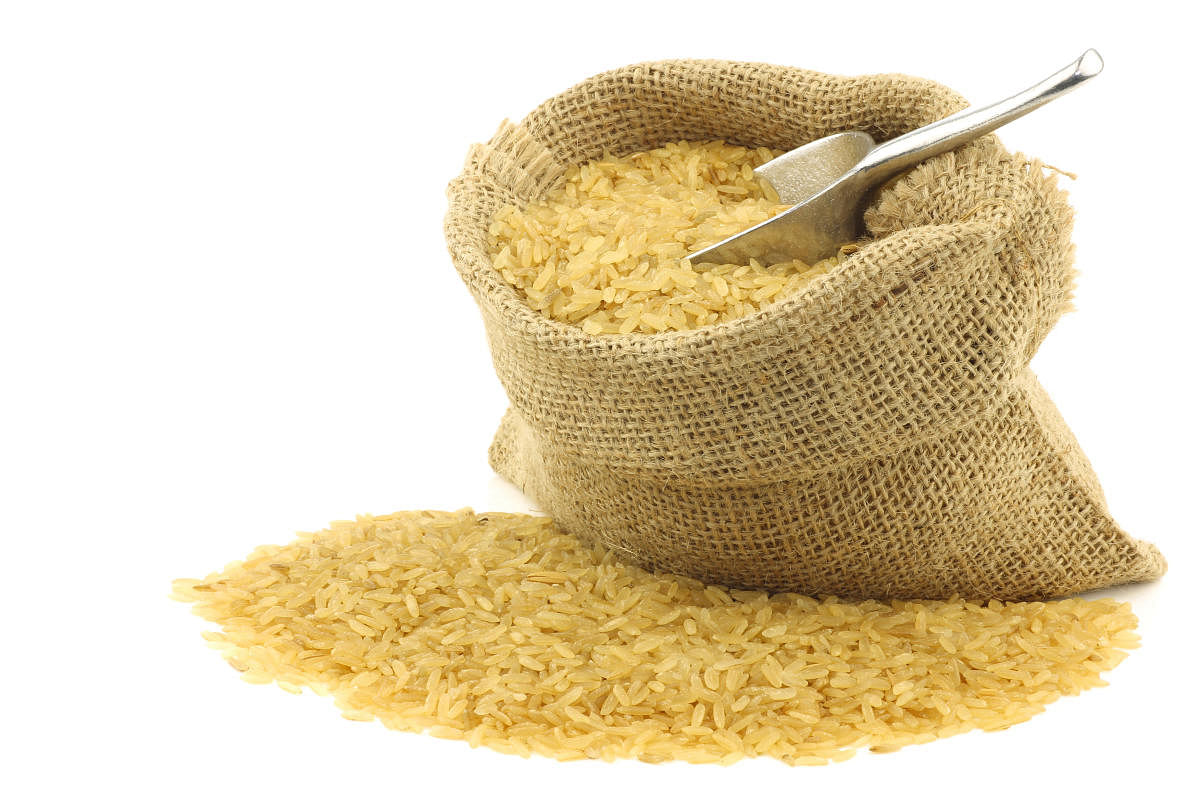
Due to a delayed monsoon, the price of rice has gone up sharply by Rs 4 to Rs 6 a kg for different varieties.
This is attributed to the alarming slump in the production in the Upper Krishna Project (UKP) and Tungabhadra command areas — the rice bowl areas of Karnataka which produce 60% Karnataka’s rice. The state, which produces about 4 million tonnes of rice each season, will produce just 3 to 3.5 million tonnes this season, according to experts.
Agri-economists from the region said the trend began three years ago and reached a peak this year. “While lack of water has affected production in the Tungabhadra region, falling levels of soil moisture across UKP region due to sharp increase in mercury levels is seen as the reason behind slump in production,” said Hanumanagouda Dalagurki, an agri-economist from Raichur and former member of the State Agricultural Price Committee.
As a result, one kg of Sona Masuri rice is sold at Rs 56 a kg from its earlier Rs 48 to Rs 50 a kg. This apart, the superior variety of Sona Masuri is sold at Rs 74 a kg in Bengaluru.
The cost of other varieties like Rajamudi, red rice and boiled rice too are rising, according to wholesale rice traders in Yeshwantpur and other markets.
The increasing silt deposition of 30 thousand million cubic feet (tmcft) in Tungabhadra (TB) dam, according to experts, has affected the water storage capacity and is thus depriving farmers of water for their rabi crop.
“Most farmers have not taken up rabi cultivation for the past three years in the command area. Similarly, in UKP region the moisture level in soil which was about 1,500 mm has drastically come down to 1,000 to 1,100 mm due to rise in mercury levels affecting cultivation,” Dalagurki explained.
Papa Reddy of Parvathi Agro Industries, Raichur, which processes the rice said, “Farmers in Koppal, due to the shortage of water, did not cultivate rabi crop. Paddy cultivation has been reduced from 3 lakh hectares to just 1 lakh hectares. Normally, paddy grown in Tungabhadra command area is known for its taste compared to the one grown in UKP region. But with the spurt in demand for this rice in neighbouring Andhra Pradesh and Telangana, the prices have gone up steadily.”
Krishnamurthy of Bangaru Srinivasa Agro Foods in Raichur said, “Of late farmers are also upset that there is no assured income associated with paddy. The insurance pattern in case of crop failure is also not lucrative. Besides, the cost of agri-inputs has gone up considerably prompting many to skip cultivation.”
Agri-economists also say artificial increase in price of materials due to reports on poor monsoon and lack of rainfall have also forced farmers not to take up cultivation.